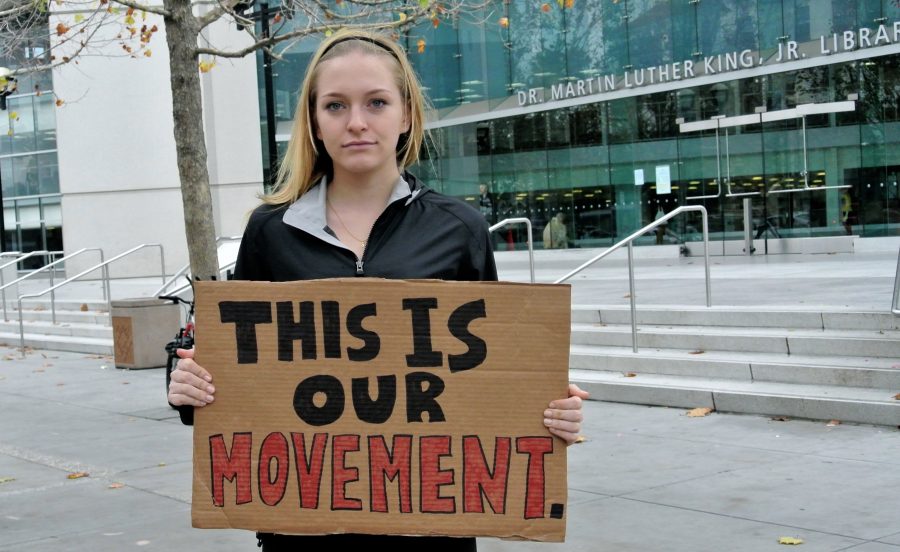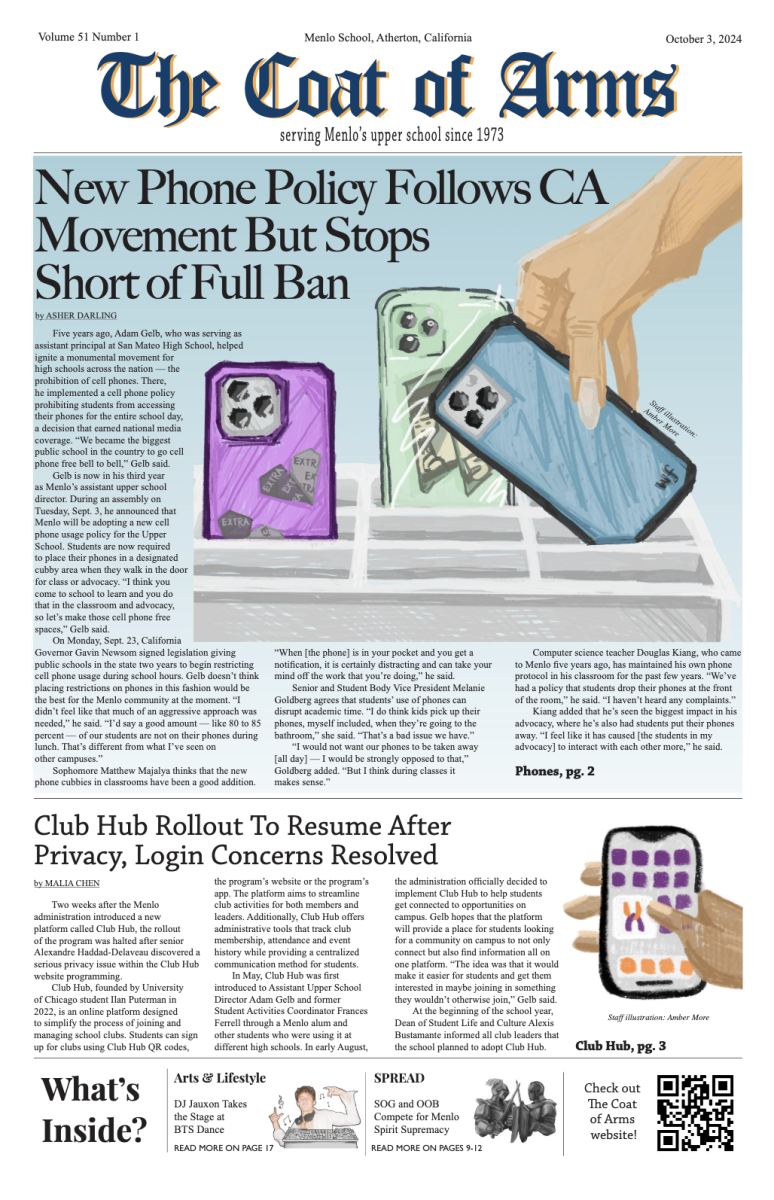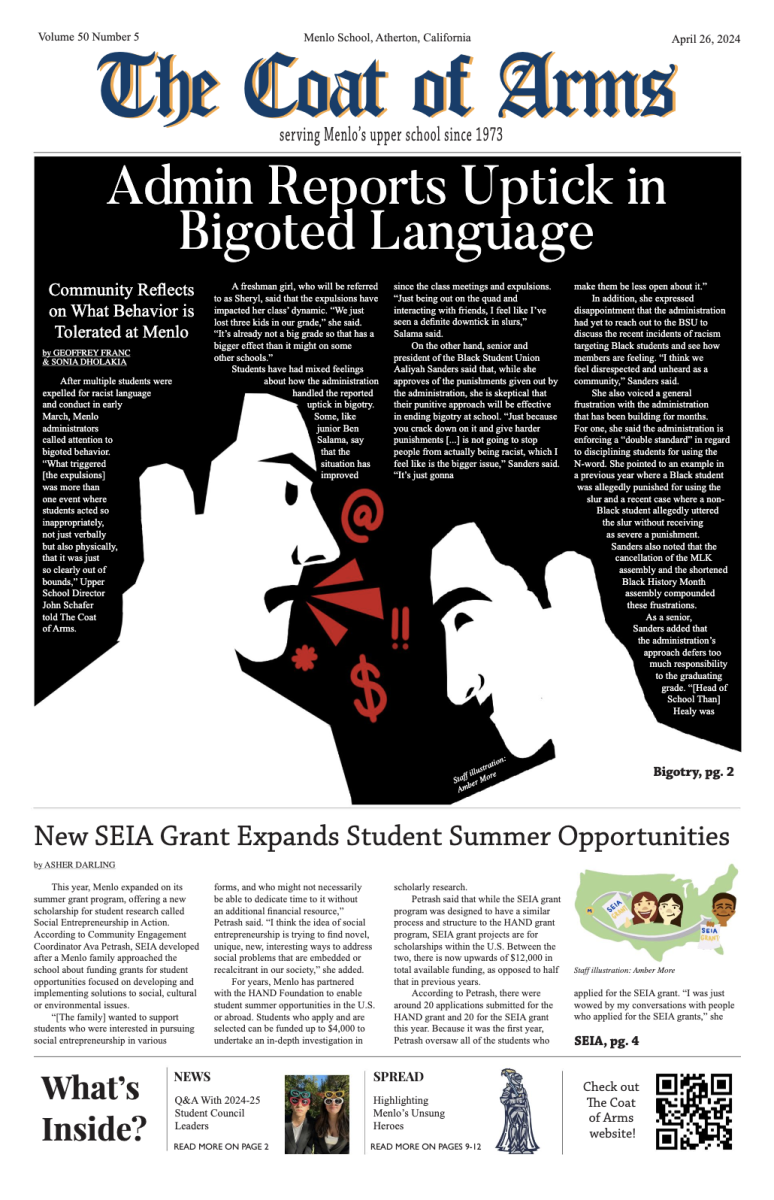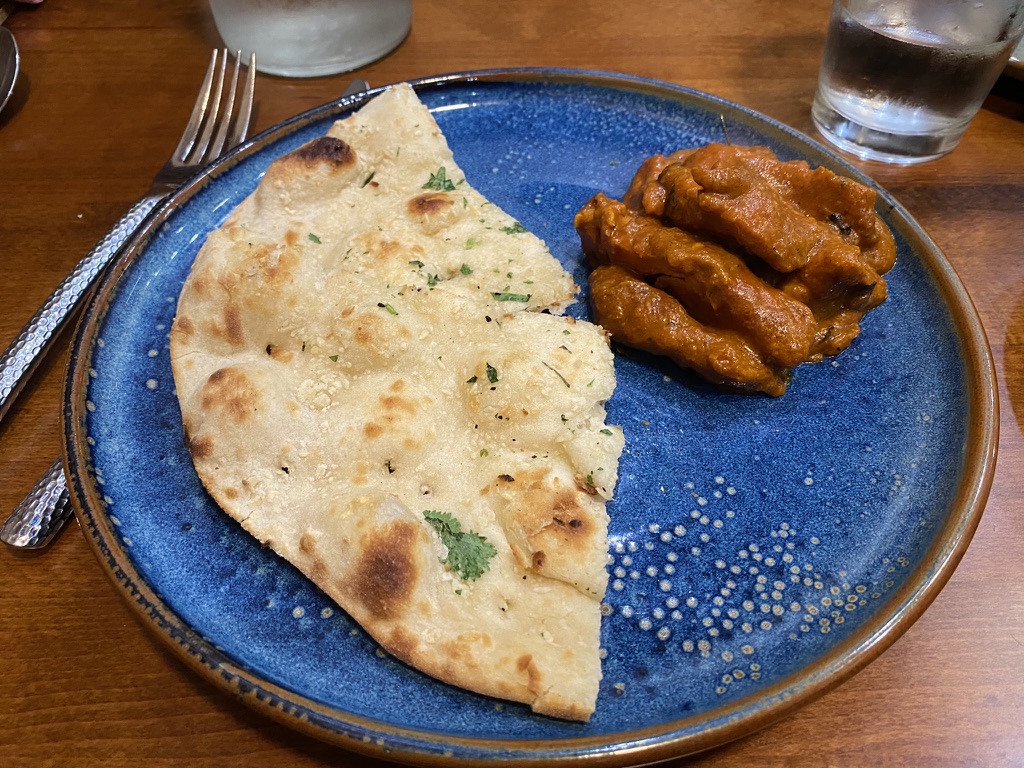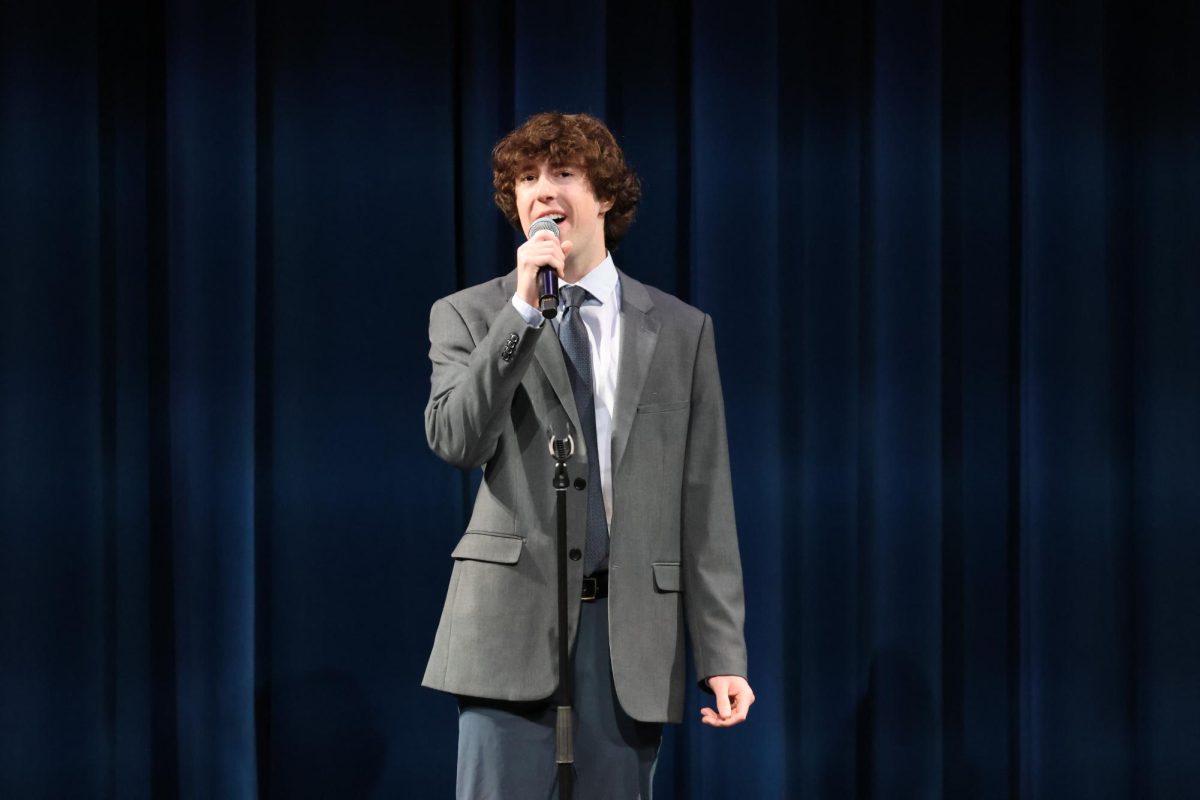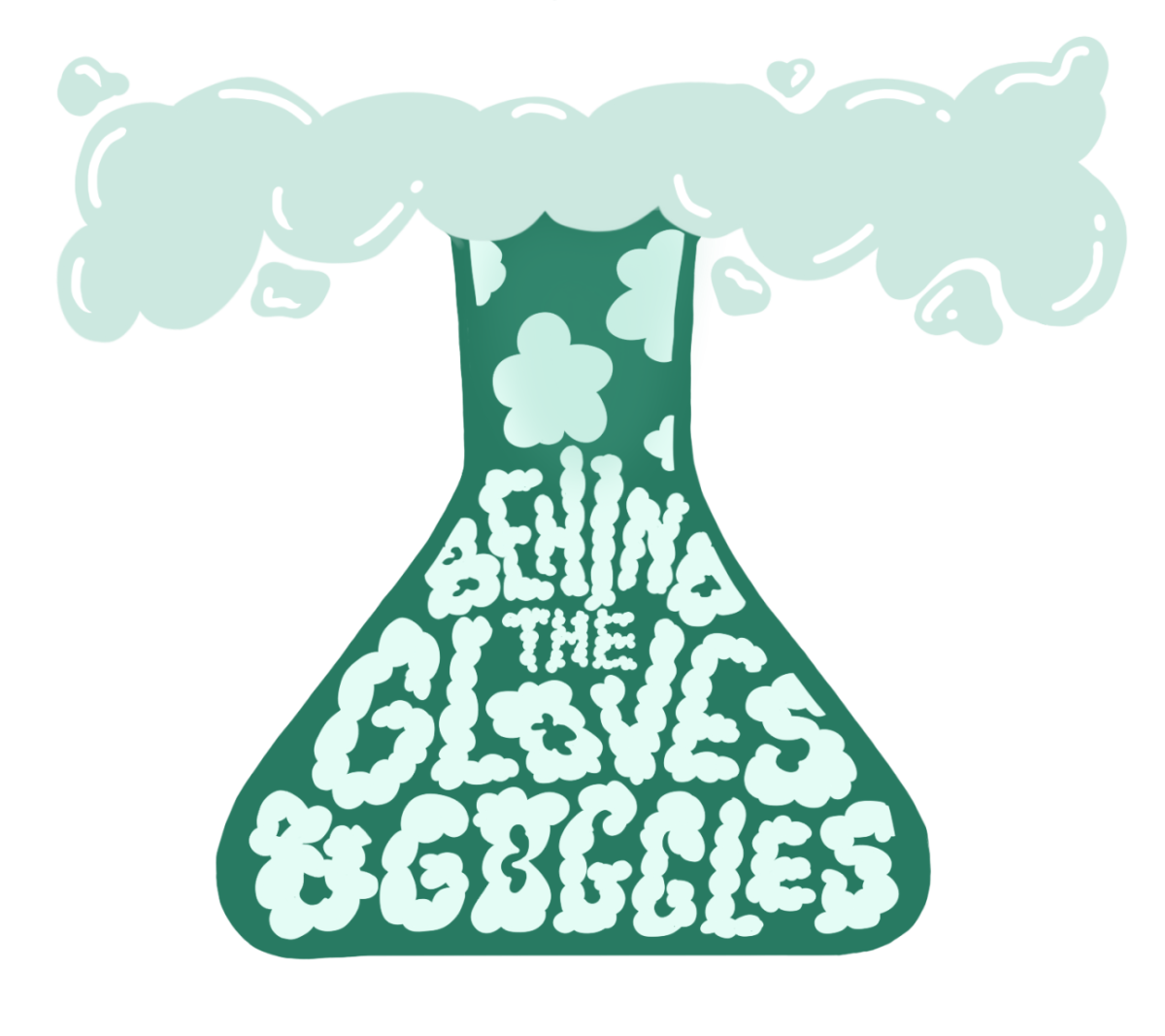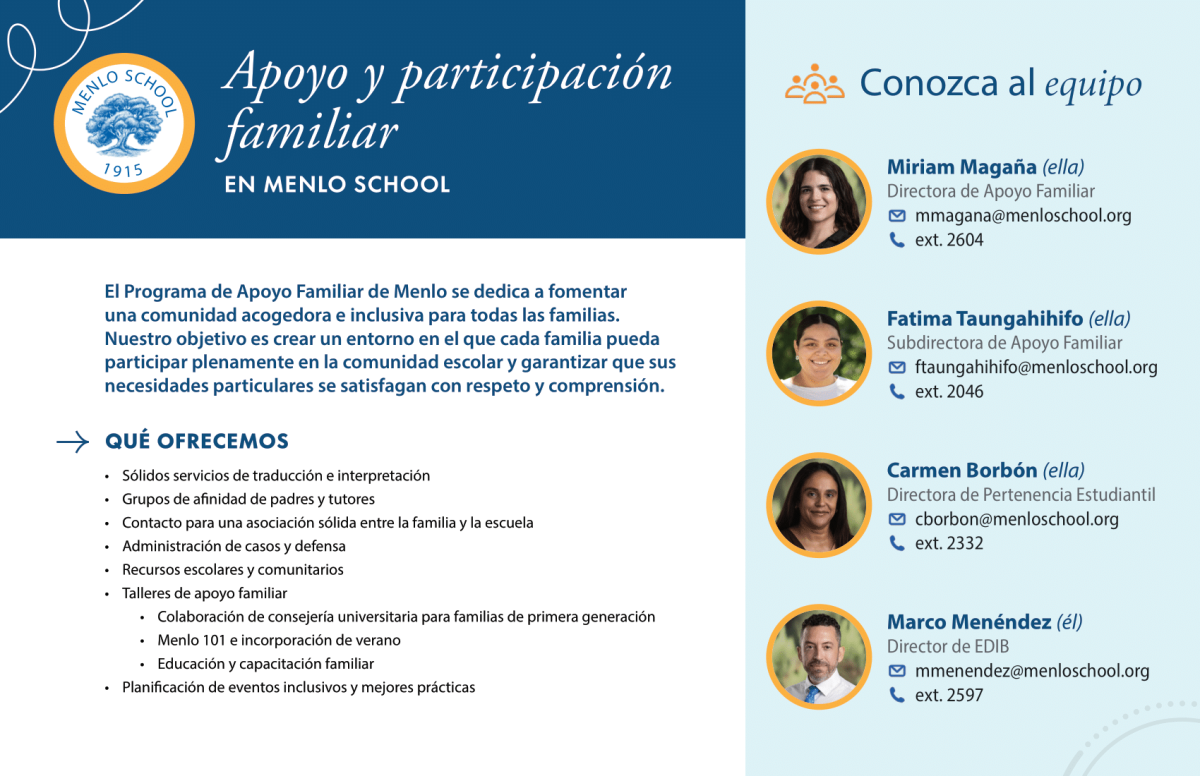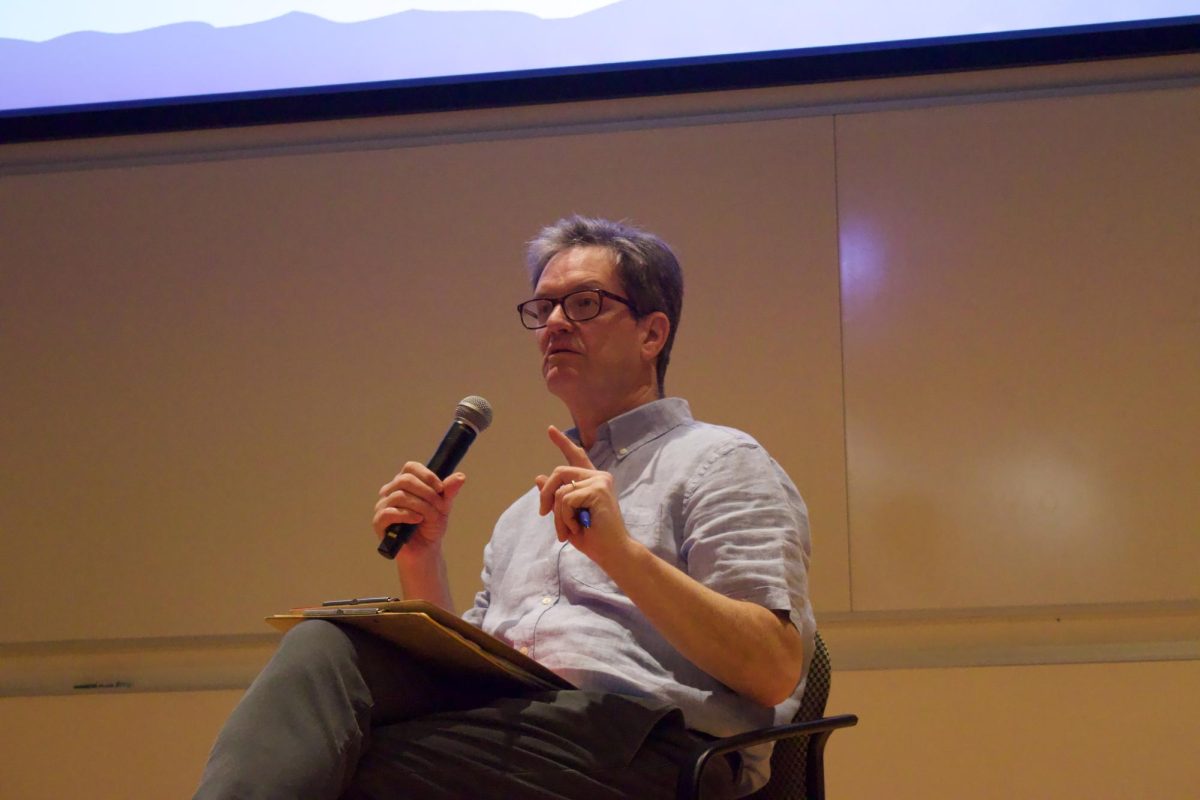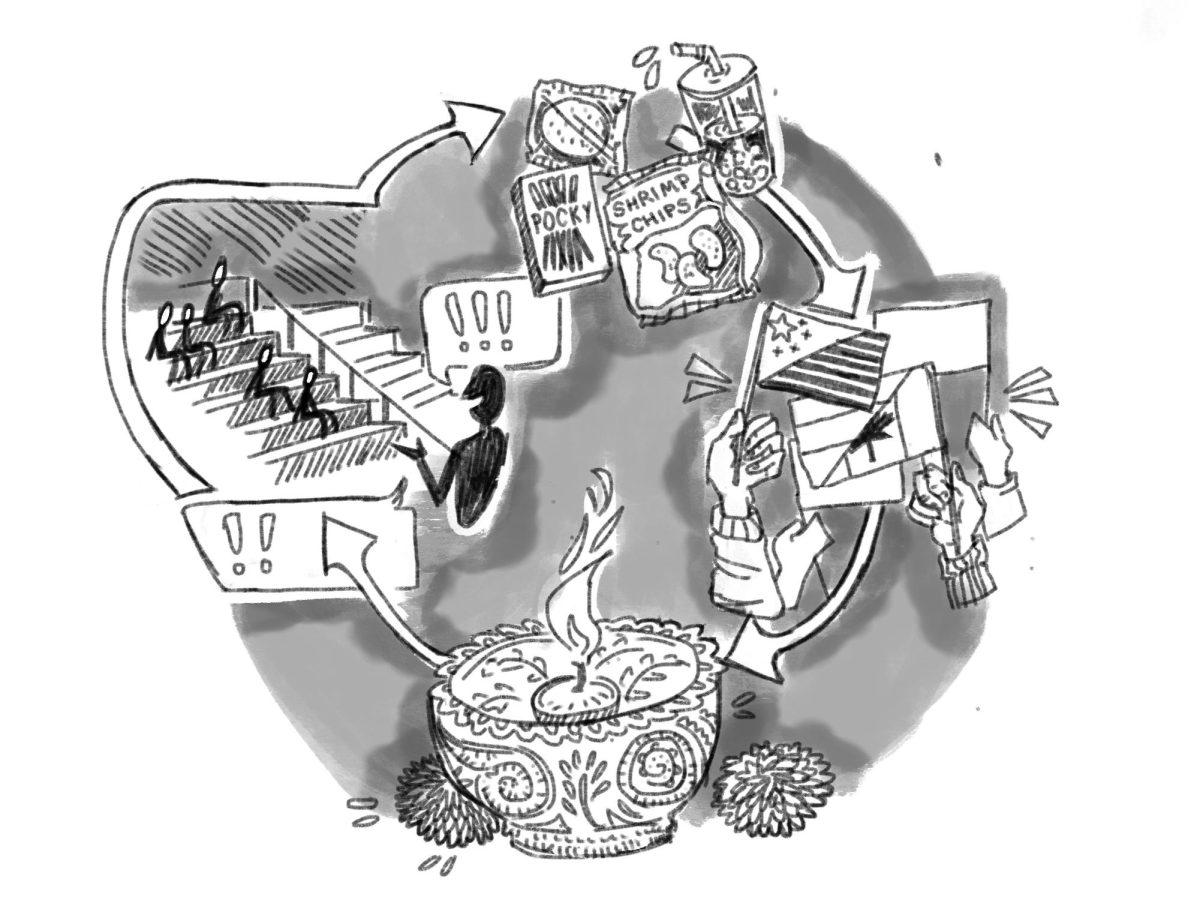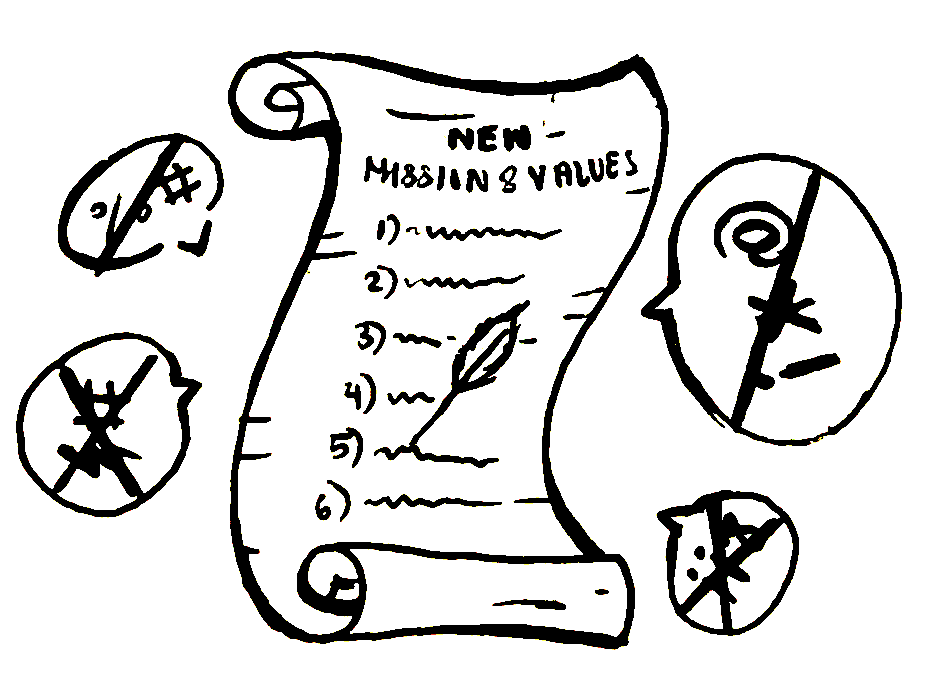It is important to demand justice for the black lives lost
Sarah Rantz | Staff Reporter
Photos courtesy Sarah Rantz
There are undeniable racial disparities evident in America’s criminal justice system, but the overarching issue that extends beyond this flawed justice system is the social stigma that continues to stifle African American citizens. Active racism that takes place in society must be pursued tirelessly along with legislative reform in order to shape America as a country that advocates for equality and a government that is representative of all of it citizens.
The three most relevant and publicized events involving police brutality and alleged racism have revolved around Michael Brown (18), Eric Garner (43), and Tamir Rice (12) – all black males. Similarly to the Trayvon Martin case that took place in 2012, there has been harsh divisions and debate among American citizens.
Was the decision to abstain from indicting the cop accused of killing Eric Garner correct? Did Michael Brown charge Darren Wilson before Officer Wilson shot the first bullet? These disputes are not troubling, but something anticipated and expected. What is concerning is the lack of sympathy for the victims and their families among some Americans. I believe that this lack of empathy and eagerness to rush to stereotypical conclusions is a result of racism and the – unsettlingly so – widespread notion that black people are inherently more dangerous and dishonest than other races.
Internet users have sprung up across the nation, debating a number of publicized cases of black men – and women – being killed under mysterious circumstances. Even more important than this exercise of free speech, however, are the people who have flooded the streets, demanding justice. Protests have been taking place for months, actively voicing the public’s anger. The largest protests, often titled ‘Million’s March’ have taken place in San Francisco, Oakland, Washington, Chicago, and New York.
I have gone to two protests in support of the black men and women who have been murdered at the hands of the police – the people who had sworn to protect them, as well as my fellow African American citizens who continue to face adversity because of their skin color.
Stanford students planned the first protest I attended, which began at University Avenue in downtown Palo Alto and ended deep inside the Stanford campus. The group was small, consisting of about 80 young adults of all different races, ages, and socioeconomic status’. Despite our different backgrounds, we all had come together under one unified interest: for justice to be served.
The other protest I went to took place at the MLK library in San Jose. This was a larger group, consisting of about 200 people, including elderly people and young children – more diverse than my first protest. The most impressionable thing I witnessed during this protest was a family of six, with two white siblings and two black siblings. The two white children held signs that read ‘My sister/brother matters’ and the two black children held signs that read ‘I matter’. This clear display of love, care, and affection in children moved other protesters as well; further fueling everyone individual’s desire to be an active member in this movement.
At both protests, law enforcement was alongside us, ensuring our safety. The police made sure to close down streets the protests were headed to so that we could walk safely without the fear of being hit by a car.
There was not one time in which a protester was anything less than peaceful and considerate to the people around them, and there were no moments in which the police or the protesters were disrespectful to each other. Unfortunately, news channels often focus on the tiny fraction of self-proclaimed protestors who start fires or loot stores, and don’t pay the proper attention to the overwhelming majority that follow the law by displaying a sense of dignity and respect.
I deeply encourage everyone to keep this movement alive in the hope of a more balanced justice system and a country in which all citizens regard others with the upmost respect regardless of their race. This can be achieved through increased awareness, which means planning peaceful protests in your community, leading open discussions at your school, and even writing letters and signing petitions to demand our politicians immediate attention.
It is saddening that I feel the need to write an article of this nature, but with the situation this country is in right now, the last thing anyone should do is turn a blind eye to it.


